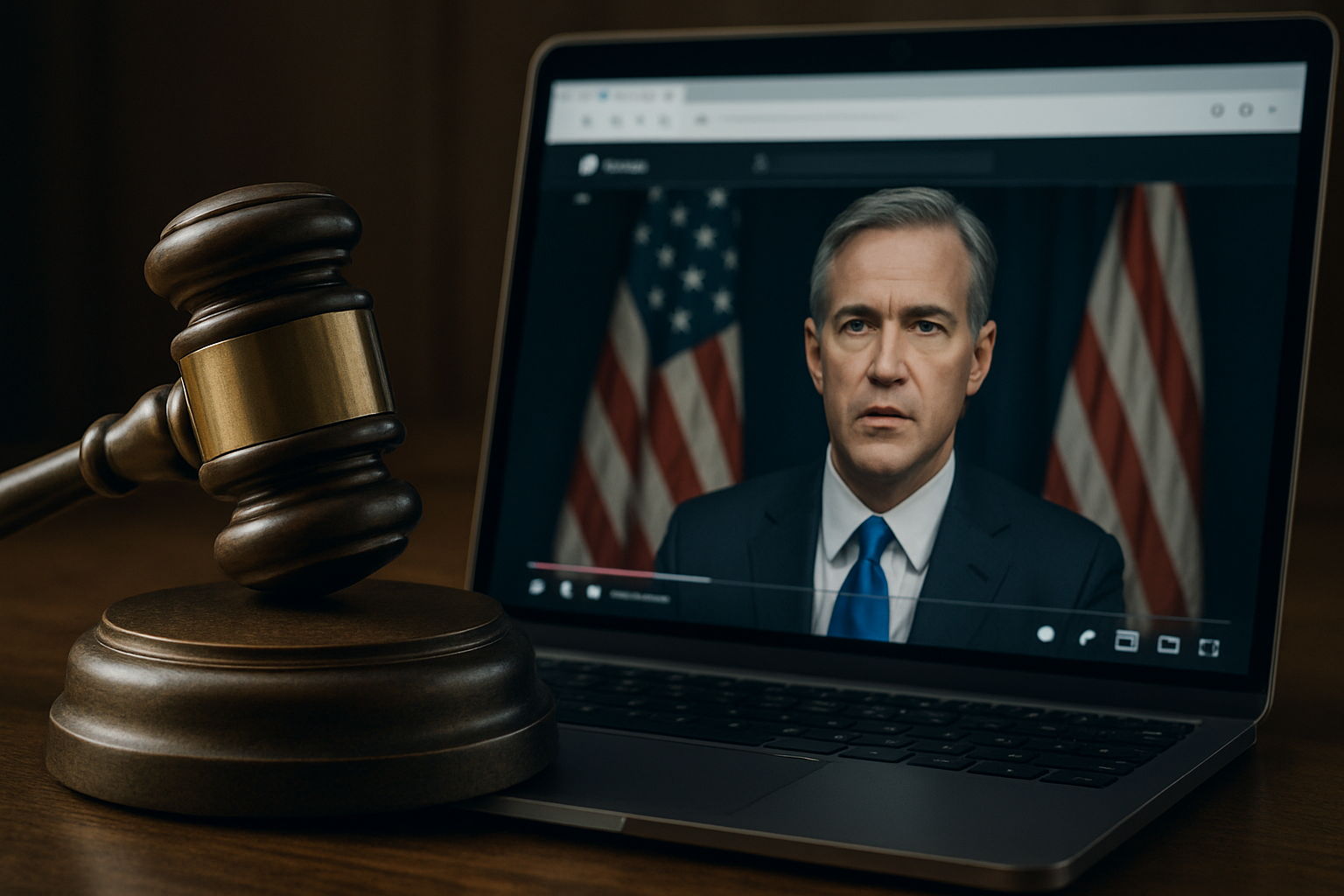Tribal Sovereignty: Legal Challenges in Modern America
Introduction: Tribal sovereignty, a complex and often misunderstood concept, stands at the forefront of contemporary legal debates in the United States. This fundamental principle, which recognizes Native American tribes as distinct political entities with inherent powers of self-governance, faces unprecedented challenges in the 21st century. As tribal nations navigate a rapidly changing legal landscape, questions of jurisdiction, economic development, and cultural preservation have become increasingly pressing.

Throughout the 19th and 20th centuries, federal Indian policy oscillated between respecting tribal autonomy and attempting to assimilate Native Americans into mainstream society. The Indian Reorganization Act of 1934 marked a shift towards greater tribal self-governance, while the termination era of the 1950s sought to end federal recognition of many tribes. The modern era of tribal sovereignty began with the Indian Self-Determination and Education Assistance Act of 1975, which emphasized tribal control over federal programs and services.
Current Legal Challenges to Tribal Sovereignty
In recent years, tribal sovereignty has faced numerous legal challenges, particularly in areas where tribal jurisdiction intersects with state and federal authority. One significant issue is the extent of tribal criminal jurisdiction over non-Indians on reservation lands. The 2021 Supreme Court case United States v. Cooley addressed this question, ruling that tribal police have the authority to temporarily detain and search non-Indians on public rights-of-way within reservations.
Another contentious area involves the application of state laws on tribal lands, especially regarding taxation and regulatory matters. The ongoing debate over the collection of online sales taxes by tribes and the regulation of cannabis on tribal lands exemplifies the complex interplay between tribal, state, and federal jurisdictions. These issues often lead to protracted legal battles and negotiations between tribal governments and state authorities.
Economic Development and Tribal Sovereignty
Economic development remains a crucial aspect of exercising tribal sovereignty. Many tribes have leveraged their sovereign status to establish successful gaming operations under the Indian Gaming Regulatory Act of 1988. However, as the gaming market becomes increasingly saturated, tribes are exploring new economic opportunities that test the boundaries of their sovereign powers.
Recent legal developments have opened new avenues for tribal economic diversification. For instance, the 2020 McGirt v. Oklahoma decision, which reaffirmed the Muscogee (Creek) Nation’s reservation status, has significant implications for tribal economic jurisdiction. Tribes are now exploring opportunities in sectors such as renewable energy, telecommunications, and e-commerce, often facing legal challenges from states and non-tribal businesses in the process.
Environmental Protection and Tribal Rights
Environmental protection represents another critical area where tribal sovereignty intersects with federal and state laws. Tribes have increasingly asserted their authority to regulate environmental quality on their lands, often adopting standards that exceed federal requirements. The Clean Water Act and the Clean Air Act both contain provisions allowing tribes to be treated as states for certain regulatory purposes, enhancing their ability to protect natural resources.
Recent legal battles have centered on tribal rights to water resources and the protection of culturally significant sites. The long-standing dispute over the Dakota Access Pipeline highlighted the complex issues surrounding tribal consultation and environmental impact assessments. As climate change intensifies, the legal framework governing tribal rights to natural resources is likely to face increased scrutiny and potential revision.
The Future of Tribal Sovereignty in the Digital Age
The digital age presents both opportunities and challenges for tribal sovereignty. As tribes expand their online presence and engage in e-commerce, questions arise about the extent of tribal jurisdiction in cyberspace. Recent cases have grappled with issues such as the enforceability of tribal court judgments in online disputes and the applicability of state regulations to tribal online lending operations.
Moreover, the protection of tribal cultural and intellectual property in the digital realm has become a pressing concern. Tribes are seeking legal mechanisms to safeguard traditional knowledge, genetic resources, and cultural expressions from misappropriation and unauthorized use online. This emerging area of law intersects with international intellectual property regimes and poses unique challenges to the traditional understanding of tribal sovereignty.
As tribal nations continue to assert their sovereign rights in an increasingly interconnected world, the legal landscape surrounding tribal sovereignty is likely to evolve significantly. The ongoing tension between tribal self-determination, federal trust responsibilities, and state interests will undoubtedly shape the future of Native American law and governance in the United States.





